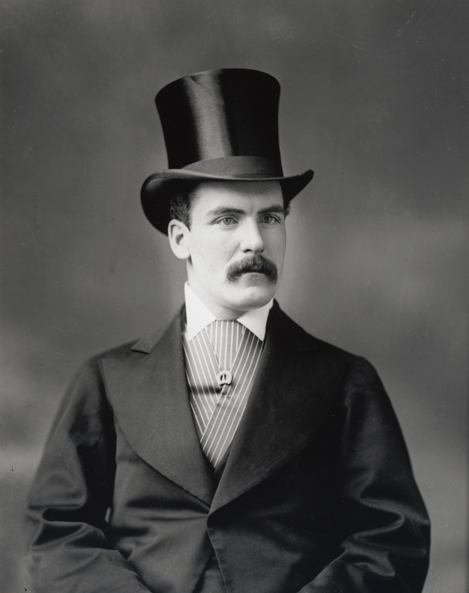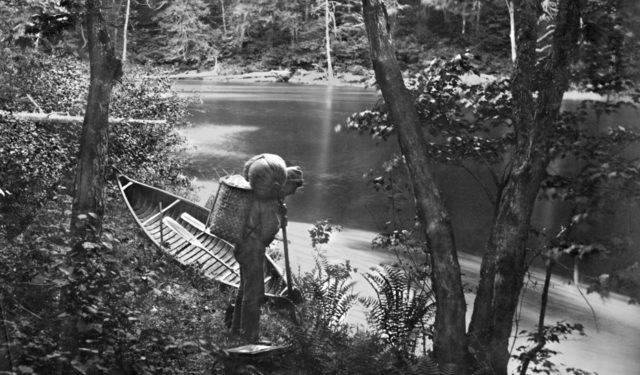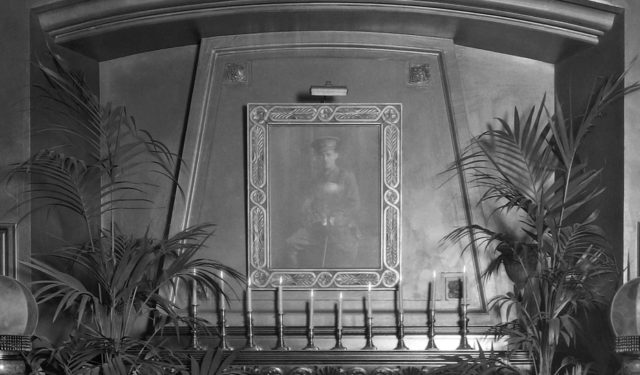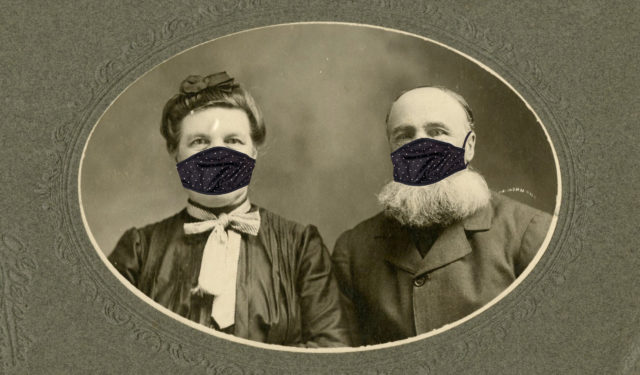Chilling secrets of the Photography collection: Appearances can be deceiving
Discover the hidden intentions behind the sombre gaze of Dr. Thomas Neill Cream.
October 20, 2020
One rainy day during the fall lockdown, seeking inspiration for my Halloween costume, I was exploring with fascination the McCord Stewart Museum’s collection of photographs when I came across a portrait of the infamous Dr. Thomas Neill Cream. I took a close look at his face. An elegant man dressed in an impressive top hat, he looked no different than other men in frock coats found in the Museum’s collection. One would assume, mistakenly, that he was a typical Montreal bourgeois. Also known as the “Lambeth poisoner,” he murdered women on two continents and has long been a member of the select group of people thought to have been Jack the Ripper.
Born into a family of Scottish immigrants, Cream grew up in Quebec and studied medicine at McGill University in Montreal. After committing his first murder in London, Ontario, he fatally poisoned several female prostitutes under the cover of a clandestine abortion clinic he ran in a red-light district of Chicago. In 1881, he was found guilty of murdering his mistress’ husband and spent ten years in jail. Upon his release, he moved to England, opened a new office, and resumed his old ways, poisoning victims and, on the side, practising medicine. One year and at least four murders later, he was found guilty and hanged at Newgate Prison in London on June 3, 1892.
Studying the photo of Thomas Neill Cream, trying to read something in his eyes, I suddenly got the shivers. Taken when he was studying medicine in Montreal, the photograph predates his first murders. One cannot help but wonder if he had any idea of the horrific addiction that lay dormant within him. Moving on to another portrait in the photography collection, I felt the same unease I experienced looking at the photo of Dr. Cream.
If Dr. Cream’s face shows no sign of his evil penchant, how is one to know whether some other serious looking model is also hiding an equally terrible, if not worse, secret? Somewhere in the Museum’s collection of photographs, could there be a sepia-toned image of another individual concealing monstrous impulses under an ascot or hoop skirt? There is no way to know, however, because apart from these old photographs, few traces remain of the lives of most of these people, who took their biggest secrets with them to the grave.
Although the photographs gave me plenty of costume ideas, the macabre story of Dr. Cream definitely cured me of the desire to dress up as a Montreal dandy. I have chosen a nicer outfit instead—a pumpkin.
_____
To learn more about Dr. Thomas Neill Cream listen to this podcast.





